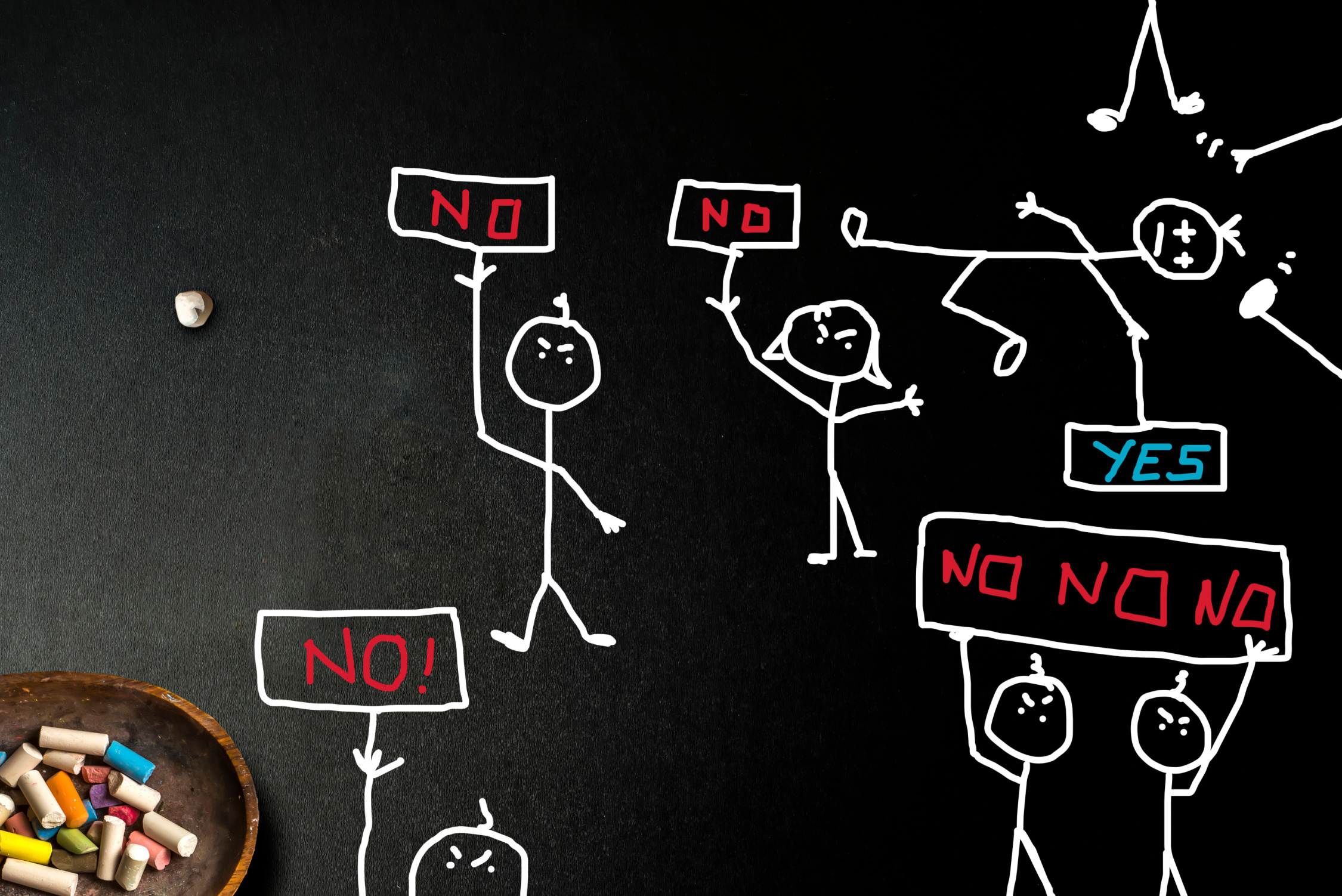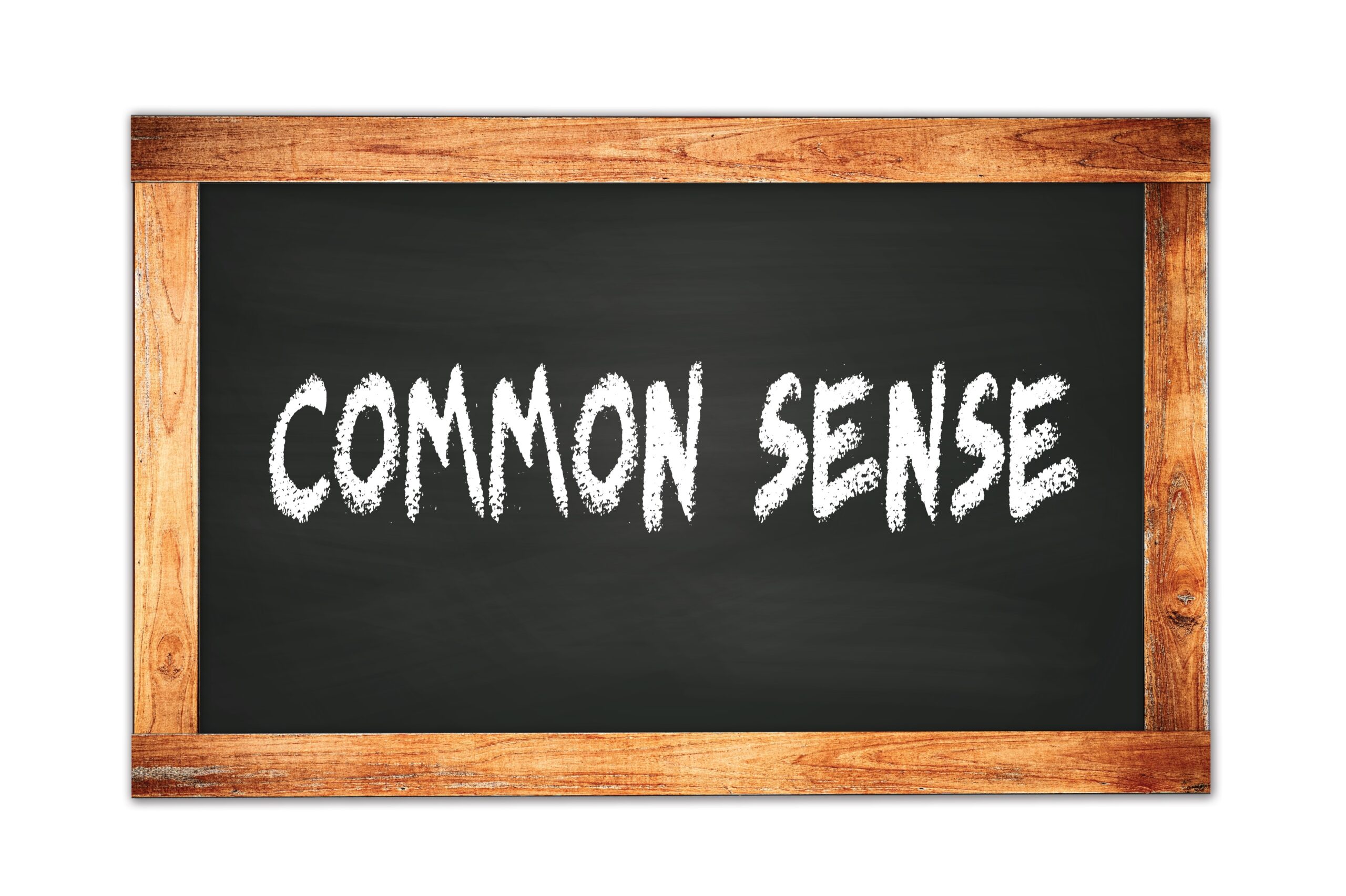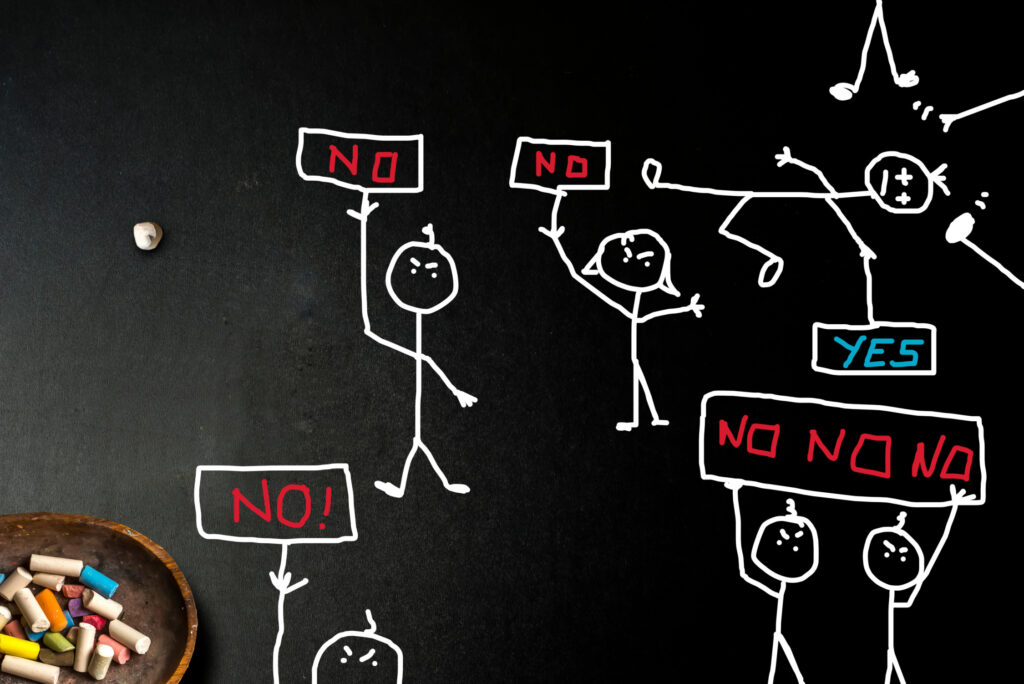Common Sense: Take Care When Mixing Religion and Politics in Public Discourse

The morning after a President is inaugurated, a service is held at the National Cathedral. For President Trump’s first inauguration in 2017, I was given the honor of serving as the Executive Producer for Public Events and Ceremonies. The Cathedral event was one of them.
In 2017, I loved choosing every verse and every hymn (the President walked out to Great is Thy Faithfulness) for the service. For a variety of reasons, the decision was made to restrict the involvement of the clergy at the Cathedral to greeting and welcoming everyone and calling things to an end. There was no sermon.
This past week Bishop Mariann Budde took the opportunity to use her position at the Cathedral to deliver a sermon that included what can only be described as a lecture to the incoming Administration on their need to assure mercy on matters such as immigration, LGBTQ safety and well-being, and those otherwise fearful. It all but screamed “this is what good Christians should do.” Progressives were awash in self-righteousness.
For me, it was a reminder that great care needs to guid discussions that involve the combination of religion and politics. Susan B. Anthony—the mother of the American suffrage movement—famously said: “I distrust those people who know so well what God wants them to do, because I notice it always coincides with their own desires.” Count me among those who strongly concurs with this observation.
Who knows? If those quoting Scripture back when suffrage was not guaranteed, had more persuasively quoted the verse on wives being submissive to their husbands (Ephesians 5:22-23), there might not even be a Bishop Budde in the church.
For disclosure. For a great many years, I served as both a Deacon and an Elder in the Presbyterian Church USA (PCUSA). During those years, it often felt as though I was often being told what a “good Christian” should think and do miraculously (a word chosen with care) coincided with every single progressive political position under the sun. To be fair, I have never felt unwelcome.
Often Scripture was cited as the basis for basically requiring embracement of these progressive positions. The first problem is that one can find a Biblical basis to defend any position under the sun. Pick your issue, and I can find Scripture to support it. Heck, in Proverbs alone, you can find two different verses addressing the same topic where what constitutes wisdom are opposite of each other.
For many of us, the insertion of partisan, progressive politics into our faith has been a hard thing. Once when I suggested at a monthly Session Meeting (Board of Elders) that we might want to take a stance opposing abortion except in instances of rape, incest, or the life of the mother, you would have thought I was urging indentured servitude for pregnant women. Never mind that the Book of Jeremiah says: “Before I formed you in the womb, I knew you; before you were born, I sanctified you…(Jeremiah 1:5). No, opposing abortion would be an assault on women’s rights, not to mention a violation of the separation between church and state. Meanwhile, we needed to take a stance on state spending for public housing. Call me a dope, but I am arguing whichever position you have on abortion it is, by definition a moral issue deserving attention by the church, while the other is primarily, if not exclusively, a secular political topic where people of good intention can disagree.
All of this brings us back to the remarks by Bishop Budde. The question I think should be posed is: Is this a matter of faith (theology) informing politics/policy, or is it informing faith? I am great with the former and strongly opposed to the latter.
Unless and until I can observe the leadership in mainline Protestant denominations adopting a single position on a single matter of public policy contrary to the political agenda of progressives, I will remain joined at the hip with Susan B. Anthony. Put another way, I believe Bishop Budde delivered remarks with a political, not faith drive, agenda. President Trump and Americans of all political views deserved better.
Feel free to argue there are conservative churches where it is hard to find embracement of any progressive positions. The point remains the same. I do not participate in worship to have my political views confirmed. Churches should be places to be comforted and challenged. Listening to a political rant is unlikely to make my to do list when I ponder my spiritual growth.
RECENT








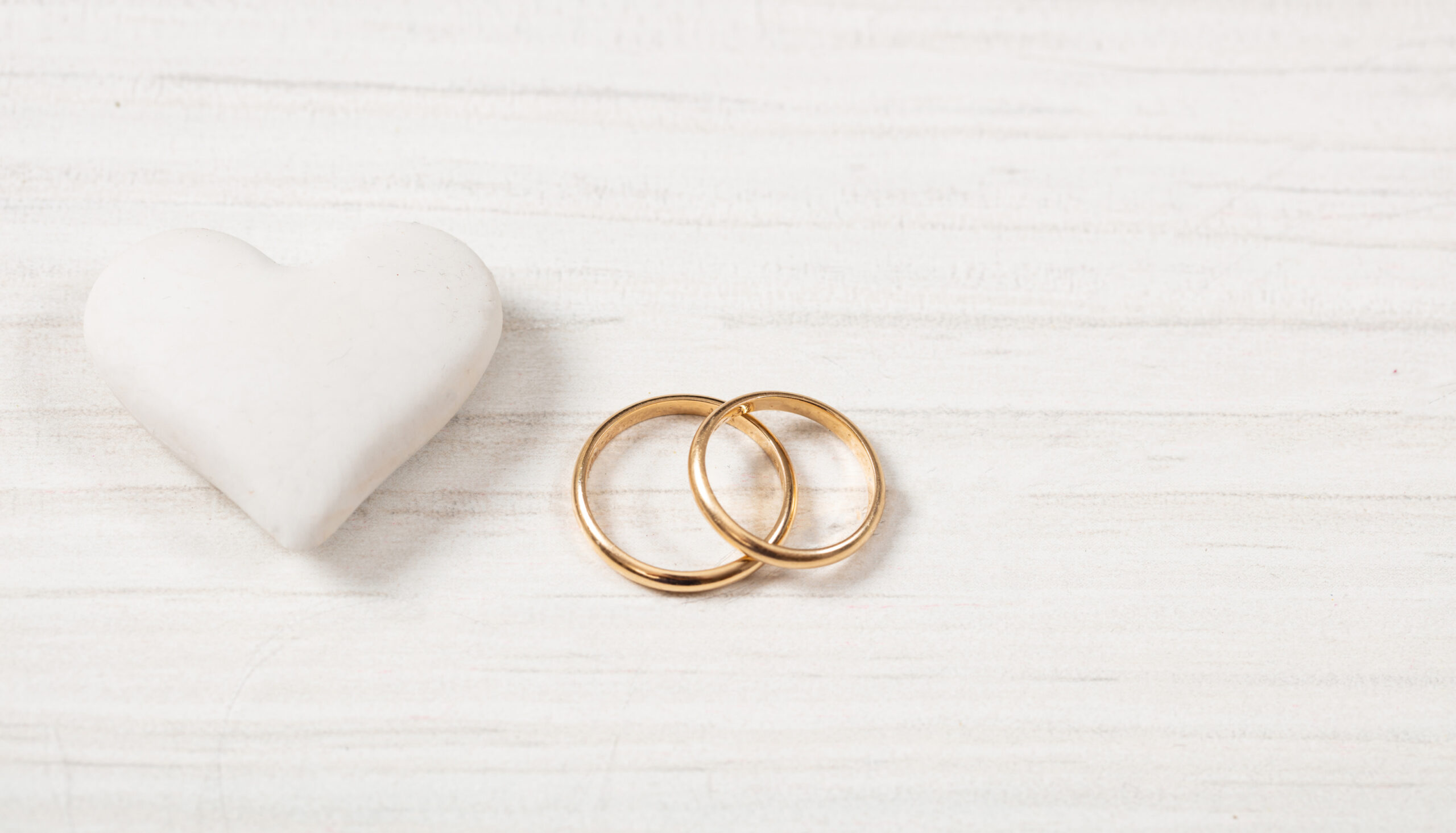

BE THE FIRST TO KNOW
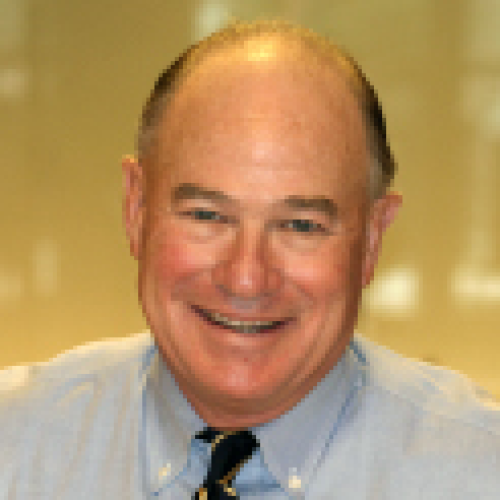
More Content By
Bill Greener


